
Hong Kong Tycoon Jimmy Lai Claims Political Persecution Amid National Security Trial
The national security trial of Hong Kong media tycoon Jimmy Lai Chee-ying sparked a tense courtroom exchange after Lai referred to himself as a “political prisoner.” The remark prompted a swift rebuttal from the presiding judge, who insisted the case was purely legal and not political.
Lai, 77, made the statement on Tuesday while prosecutors examined internal WhatsApp conversations among executives of Apple Daily, the now-defunct pro-democracy newspaper he founded. As he struggled to recall certain details, he pushed back against the prosecution’s scrutiny, asserting that he was being treated as if he were “mentally retarded” despite being a “political prisoner.”
In response, Judge Esther Toh Lye-ping, one of three national security judges presiding over the case without a jury, interjected, stating firmly, “You are not a political prisoner.” When Lai objected, Toh reiterated that he was facing criminal charges, not political persecution.
When court resumed on Wednesday, Toh made a point to emphasize the trial’s impartiality. “The accused made remarks yesterday about being a ‘political prisoner,'” she said. “We decide only on the evidence and the law. Whatever political leanings may be, everyone is equal before the law and entitled to a fair hearing.”
Lai faces multiple charges under the national security law imposed by China in June 2020, including colluding with foreign forces and publishing seditious materials through Apple Daily, which was forced to shut down a year later. He has already spent over 1,500 days in jail.
The characterization of Lai as a “political prisoner” remains a sensitive issue for China. Many Western governments and human rights organizations argue that the charges against him are politically motivated. The U.S. State Department recently described Lai as someone who has been “imprisoned while standing up bravely for democracy and free speech in Hong Kong” and urged his immediate and unconditional release.
The Hong Kong government responded by stating that Lai’s case, like all others, is handled strictly based on evidence and in accordance with the law. It emphasized that defendants receive fair trials under the city’s Basic Law and Bill of Rights.
Amnesty International has designated Lai a “prisoner of conscience,” defining such individuals as those imprisoned solely for their beliefs without advocating violence or hatred. Elaine Pearson, Asia director at Human Rights Watch, also condemned the charges against Lai, describing his activities—such as engaging with foreign governments on human rights issues and discussing sanctions against officials—as actions that would be considered routine in a democratic society.
Tuesday’s exchange in court occurred on day 132 of Lai’s trial, as prosecutors shifted focus to the English edition of Apple Daily, which was launched in June 2020, just before the national security law took effect. This was not the first time Lai had referred to himself in political terms during his 40 days of testimony. However, the intensity of the courtroom rhetoric appeared to escalate on Tuesday.
Previously, on January 8, Lai had responded with laughter when asked by his defense lawyer whether he believed the national security law safeguarded the rule of law and freedoms. “I don’t know how to answer,” he said, before adding, “If there are political prisoners here, I don’t believe there is rule of law or freedom.”
Judge Toh had similarly dismissed the claim then, stating that Lai was arrested on criminal charges, to which he simply replied, “I understand what you said.”
- Health Insurance Now Covers Nearly Half of Gandaki Province’s Population
- Mercure Kathmandu Extends Financial Support to Cancer Care Nepal
- DRRMNC Urges Swift Action to Tackle Forest Fires and Accelerate Reconstruction Efforts
- Nepal Observes People’s Movement Day to Commemorate Restoration of Democracy
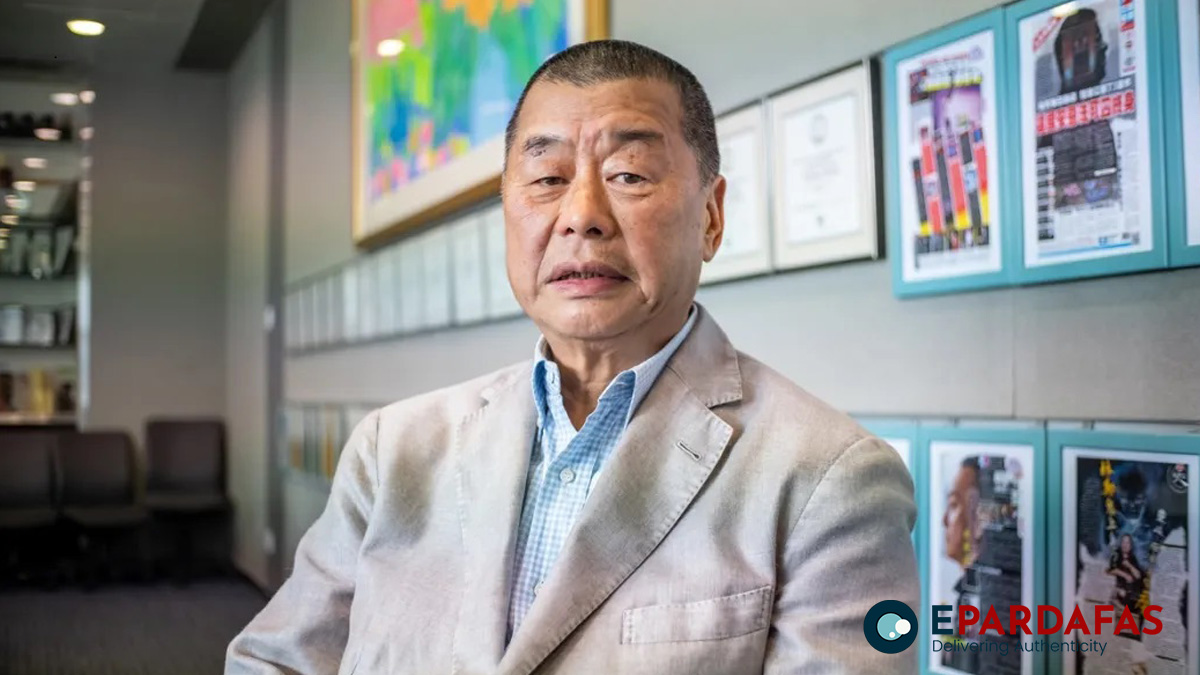

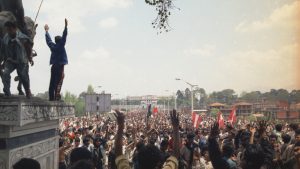
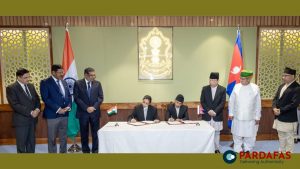

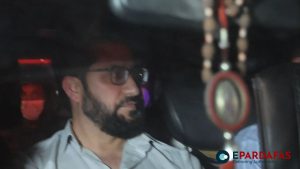




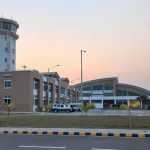


Comments